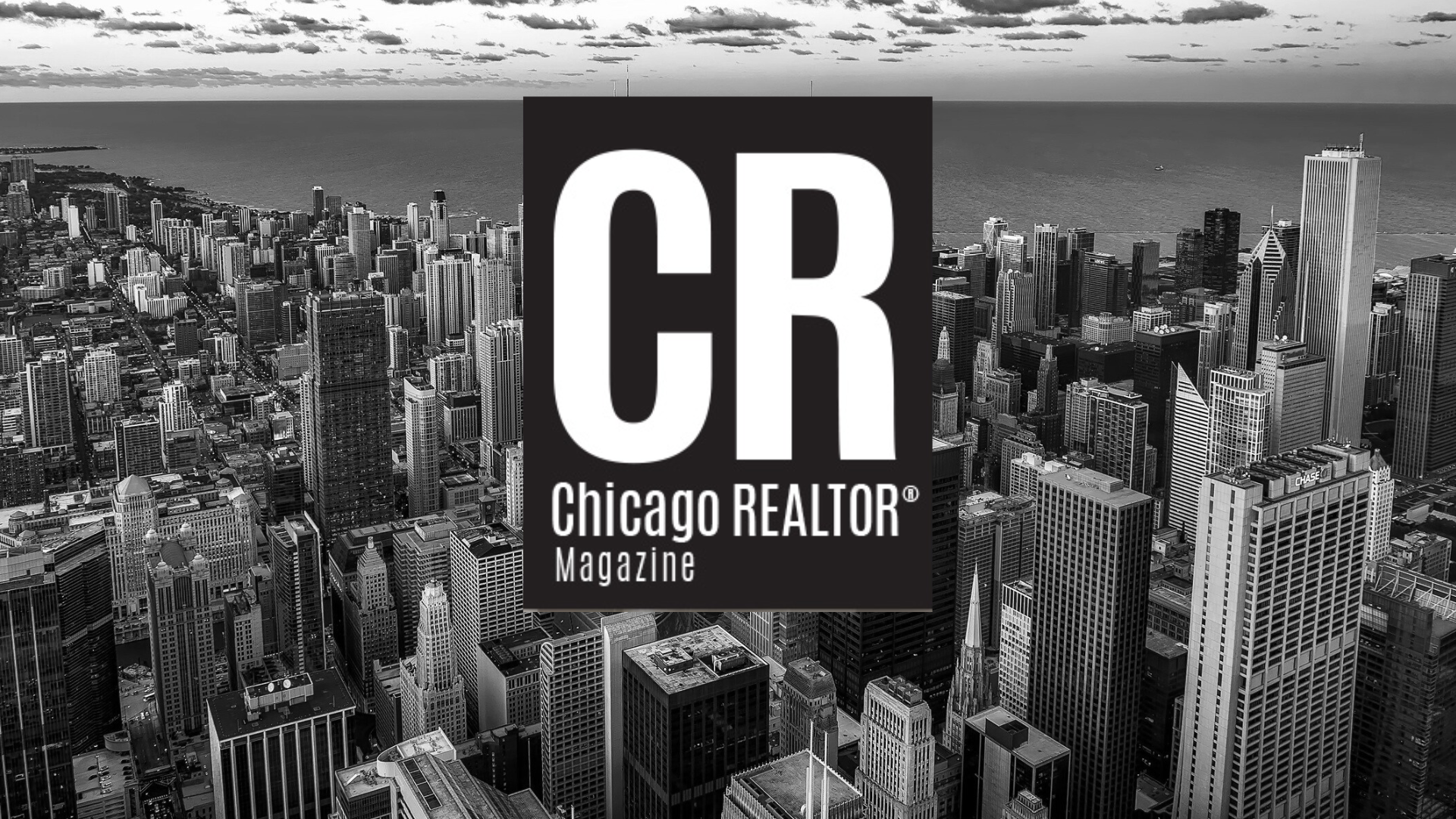Did you know the most common Fair Housing complaint received by the U.S. Department of Housing and Urban Development is for disability discrimination? These complaints make up about 60% of what’s reported. The conversation surrounding housing and disability is an important one, but unfortunately, one that is frequently overlooked.
Chicago Association of REALTORS® President Antje Gehrken, A.R.E. Partners, spoke with disability activist Mia Ives-Rublee, director of the Disability Justice Initiative at the Center for American Progress, about her homeownership journey and what REALTORS® need to know when working with the disabled community.
Can you share your own personal homebuying and selling experiences?
One of the things people don’t realize is that disabled people need houses. I know that sounds a little weird, but people make a lot of assumptions about disability. One in four people in the United States has a disability, whether they tell you or not. That includes things like mental health disabilities, physical disabilities, chronic illnesses, diabetes, depression, postpartum depression – any of those are included as a disability under the Americans with Disabilities Act.
One of the things I always find odd when I’m talking to people about a specific issue that they’re really passionate about – whether it’s climate change or reproductive rights or something like that – I’m like, “So what are you doing about disability?” And they say, “What do you mean?” I say, “Well, disabled people are affected by your issue, so what are you doing about it? Are you addressing any of those
issues?” And they’re like, “I never thought about that.”
When I talk to people who work on anti-poverty or I talk to people who are working in housing, I say, “Some disabled people want to buy houses.” And they’re like, “Oh, I never really thought about that.” They make this assumption that all disabled people are poor and they’re not able to buy houses.
I dropped in on one REALTOR® and said, “Hey, I am interested in buying a house.” She reacted like, oh my gosh, what am I going to do?
Unfortunately, because of the current ways that the laws work, there’s no requirement to build private homes that are accessible. That means less than 5% of houses today are wheelchair accessible, which is wild. That doesn’t even count issues around deaf individuals who need their own sort of accommodations.
Finding a house that was on one level and had very few stairs was a real concern for my REALTOR®. We spent a lot of time (and I actually had to spend most of my time) trying to find locations that I thought might be accessible or might be adjustable enough to become accessible. I provided a training ground for my REALTOR® on how to deal with that situation.
When we went to try and sell my house about six or seven years later, she said, “I don’t think there’s going to be a lot of people who are going to want to buy your house. I don’t think that there’s really a market out there.” She kept on trying to negotiate with me to lower the price to the point that I said, “No, I don’t want to go any lower. I think there is a market and I want to make sure I don’t undersell my house.”
I provided her all the language around the accessibility concerns of my house, talking about the one floor, the adapted kitchen, the lower counters, the doorways wide enough for wheelchairs, et cetera, and we put it on the market. [Immediately], we got ten people who asked to look at my house. Ten people! We sold the house in a day.
It sold, I believe, $50,000 over asking price. The REALTOR® came back to me that night and was like, “Oh, I guess there is a market.” And I was like, “Yeah, I believe there is.” The problem is that the disability community is such a talented pool of individuals who are often not thought about. People are missing out on huge populations.
We are seeing a growing population of disabled people. The company that I work for, which does policy analysis, found that in 2021 alone, there was an additional 1.2 million more disabled people in the United States. That’s the biggest climb in disability since they’ve been taking these statistics.
We are seeing an aging population and a population that is getting long COVID. We’re seeing more and more individuals who are going to need accommodations within their homes – and people who are going to have enough money to be able to do that. It’s going to be incumbent upon REALTORS® to figure out how to address those issues. As we see more individuals buying homes, we’ll see more inventory that will be more accessible, particularly looking at baby boomers who are going to want to stay in their communities and in their homes. How can we make sure individuals can stay in their communities?
We’re aware there are hidden barriers in the REALTOR® profession for disabled people, and unfortunately the keyword is “hidden.” What more can our industry and our association do to ensure we are supporting disability inclusion within the REALTOR® community?
There’s a couple of different ways to do that. One is that there are many other types of jobs within the real estate industry. You don’t have to be the person showing the house. There are individuals who are helping with processing and paperwork. There are people doing many other parts that support a REALTOR®. That’s one of the ways to help individuals get into the REALTOR® space. It’s great to have those individuals in there because you get different perspectives. Having as many perspectives in the industry as possible helps to increase the diversity of ideas within an industry.
It’s extremely important to encourage mentorship, particularly for disabled people who are facing more barriers to being able to do the work. Maybe they can’t show as many houses as the regular, everyday, non-disabled REALTOR®. Maybe they can’t do as many showings or work with as many clients, but maybe they can do the job part-time, or maybe they’re able to do it at their own pace. Being able to provide that opening and that space to do it is extremely important.
As an individual with a disability, it would be great to have somebody who already understands my situation, already understands what I’m looking for so that I don’t have to spend my time educating the REALTOR® on that. The only thing that my REALTOR® did was get the keys to let me go look at the places; I was sitting there and looking at properties myself. It’s really, really important to have more individuals with a perspective on disability in the field so that more people feel like they’re seen and that they don’t have to do that education piece or that extra leg work to be able to get a house that works for them.
How can we as REALTORS® become allies to assist more people, especially the most discriminated against Fair Housing group?
Better understanding what it means to have a disability. As a society, we tend to try and hide disability, like we’re ashamed of it. You look at how many euphemisms there are for disability. There’s like special needs or differently disabled or differently abled, et cetera. That inability to really face what it means to have a disability and how it affects people’s lives has really done a disservice to the fact that we continue to ignore the needs of disabled people and underestimate the community. It’s really important to name it as it is. Disability is not a negative, it’s not something that’s evil; it’s just a normal part of the human condition. And, that’s okay.
What’s not okay is systematic ableism, the structures put in place to deny disabled people basic rights, like being able to get a house. It’s important for folks to get to know individuals with disabilities, become friends with them, get to understand the policy issues they are affected by. Just look out in your community and find the areas where somebody with a disability can’t go, [like] your local restaurant, your local grocery store. How many individuals do you work with who have a disability? Consider all of those things and think, what are the reasons why this is occurring and how can I fight back against it? Because that’s the only way we are going to build a society that is more welcoming.







